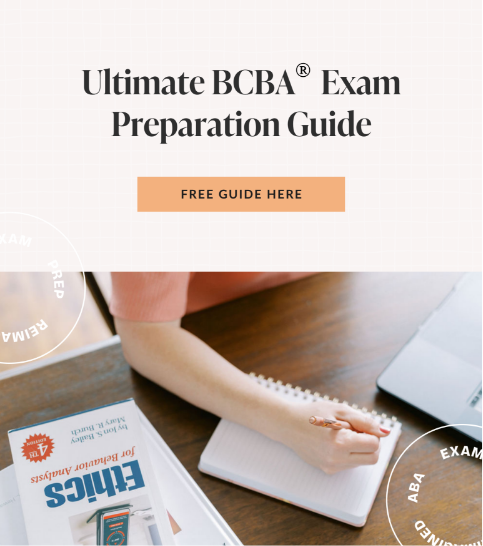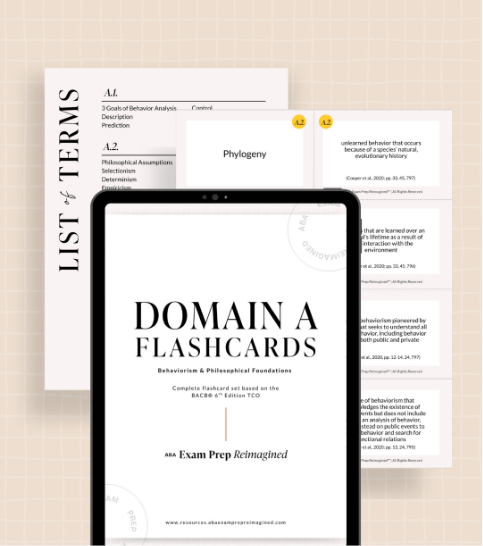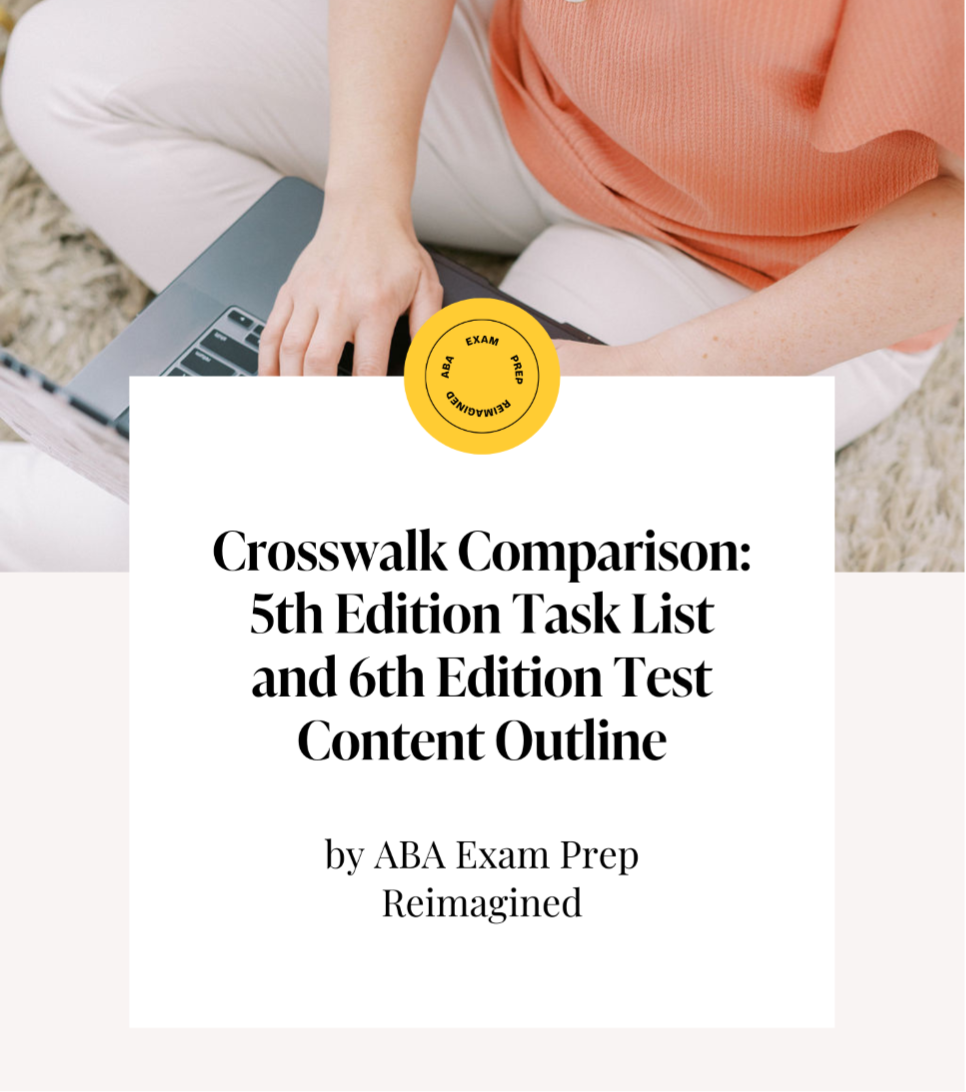When preparing for the BCBA® exam, every minute counts.
Figuring out when to study while serving clients, balancing time with friends and family, and dealing with all that life brings is challenging.
But figuring out what to study should be easy.


Hey, I’m Kristi Morin!
I’m a BCBA-D and your ally in your exam prep journey.
I took the BCBA® exam when I was a full-time doctoral student.
During that time, I had a family to care for and also worked as an intern at the U.S. Department of Education. My study sessions often happened in the cramped spaces of subway rides - the only time I could carve out of my hectic schedule.
I did the best I could to prepare for the exam with the time I had.
But there was always that nagging question in the back of my mind: was it enough?

After becoming a BCBA, earning my PhD, and eventually becoming a BCBA-D, I spent years as a professor teaching coursework within our university’s Verified Course Sequence.
I witnessed my students struggle with the immense pressure of preparing for an exam that could define their careers while being under time constraints that demanded every minute of their studying be strategic and purposeful.
I realized I wanted to do more to help people succeed.


The BCBA® Exam is notoriously difficult.
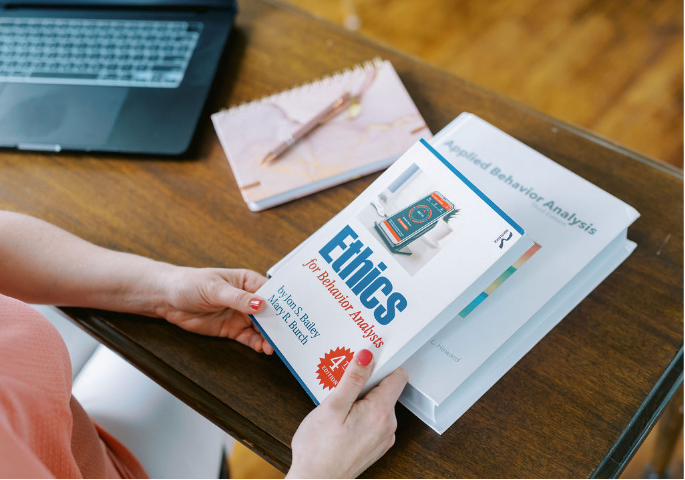
For many, it requires multiple attempts to pass, each preceded by countless hours spent memorizing definitions, dissecting complex questions, and striving to apply theoretical knowledge in practical scenarios.
As someone who has navigated this path and helped countless others do the same, I understand the stress of this preparation process.
I created ABA Exam Prep Reimagined to provide you with the support you need to pass the exam.
As you prepare to take the exam, it’s important to apply your limited time toward study materials that…
Simplify your study process
Offer tangible feedback
Accommodate your study needs
Break down complex concepts
Use real-life scenarios
Mirror the difficulty of the exam
And above all, to know you’re learning from someone who’s an expert in the content.
Here are a few things you should know about me….
PhD in Special Education

I earned my PhD in Special Education with an emphasis in autism and developmental disabilities in 2017.
Professor
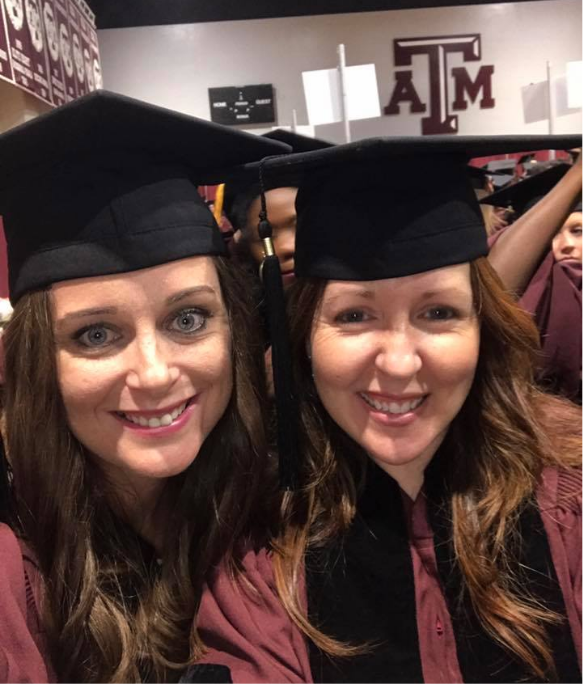
I’ve taught over 100 graduate students, consistently received exceptional ratings on teaching evaluations, and won the John B. Ochs Teaching Award.
TEACHER

I’ve taught in general and special education classrooms and won over $1 Million in grants from the Institute of Education Sciences and other funding agencies to support special education teachers and students with autism.

I’ve delivered over 70 presentations at peer-reviewed conferences.
I’ve collaborated with the National Professional Development Center on ASD and served as an editorial board member on multiple journals focused on autism and special education.
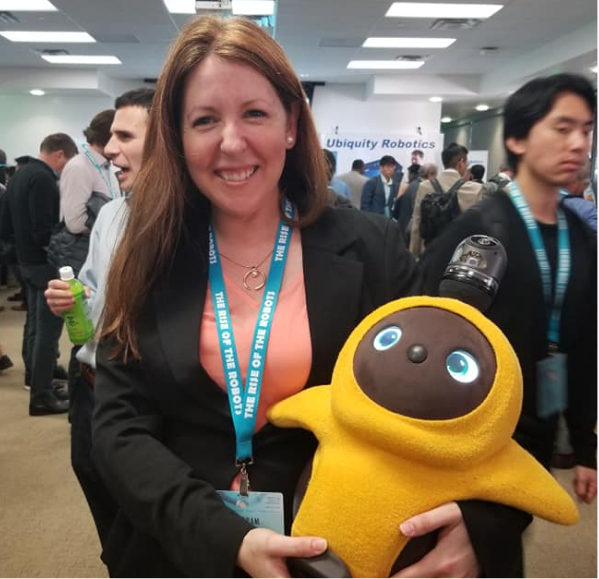
I’ve supported hundreds of people as they prepared to pass the exam.
You can find more information about my academic and professional background here.
How I can help you Pass the BCBA® Exam
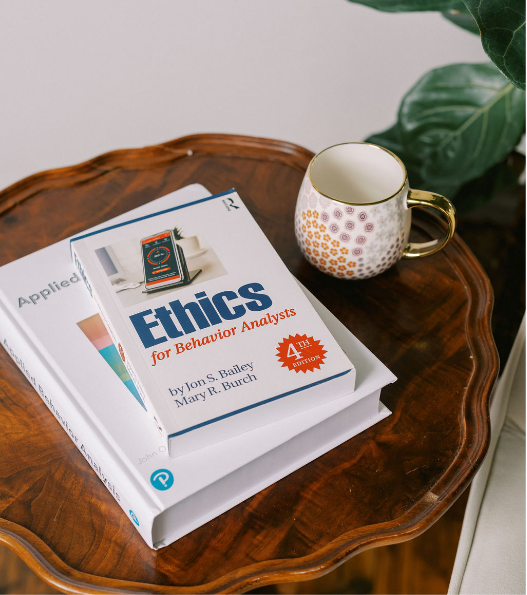
MOCK EXAMS
Complete with detailed feedback and a domain-specific score breakdown, these 185 question exams include multiple attempts with lifetime access.
LEARN MORE
Mini Mocks
These 35-question mini mocks offer ten attempts with lifetime access, including options to purchase by individual domains or bundle and save.
LEARN MORE
Interactive video Modules
A full year of access to comprehensive, easy-to-follow tutorials that simplify key concepts, break down example test questions, and provide interactive games and knowledge checks with practical opportunities to apply what you’ve learned.
LEARN MORE
Comprehensive study program
Get the full suite of video modules covering all of the content on the 6th Edition Task Content Outline with guided notes and resources, weekly Q&A sessions with me, Dr. Kristi Morin, a supportive community, and access to accountability groups.
LEARN MORE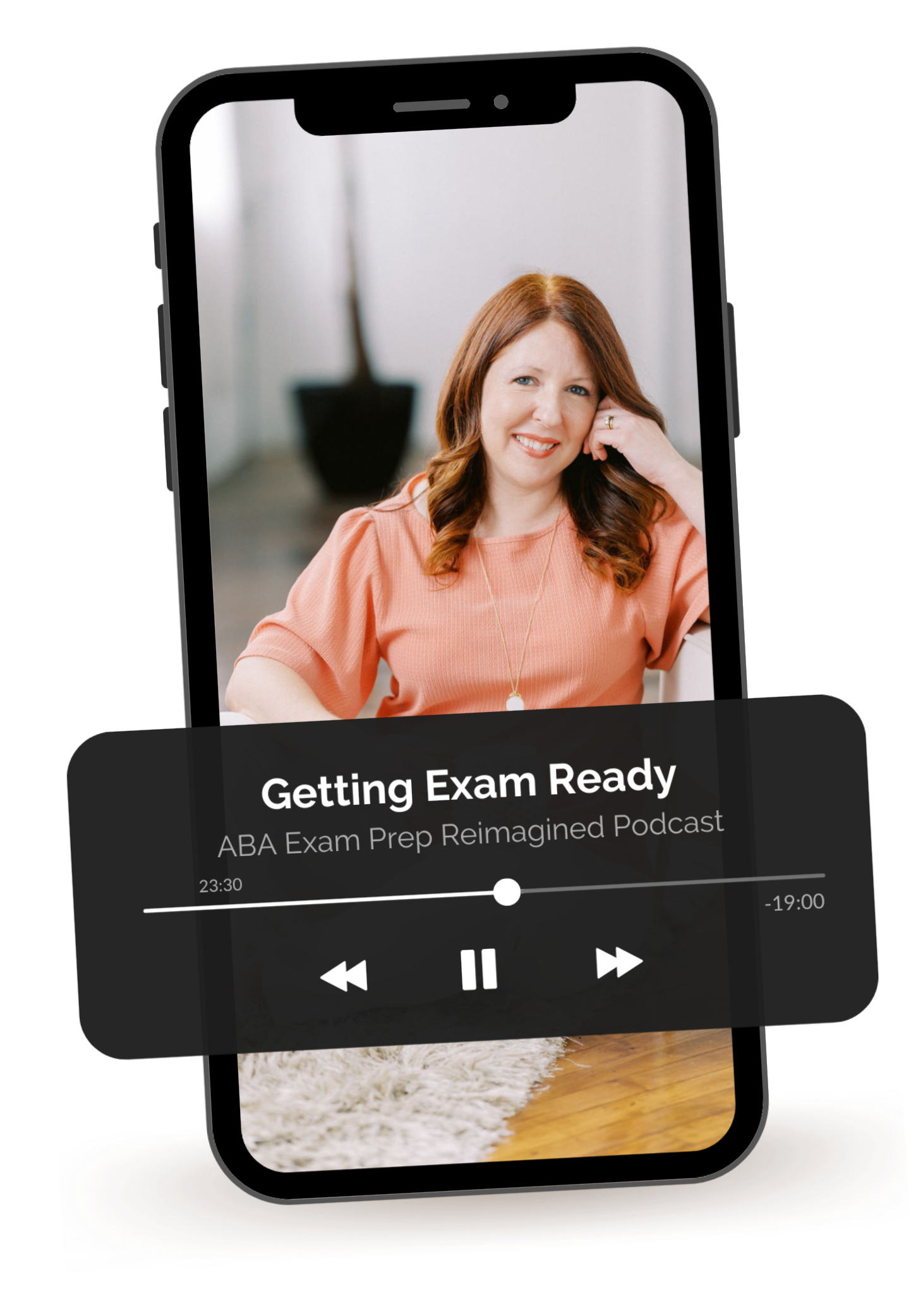
ABA Exam Prep Reimagined podcast!
ABA Exam Prep Reimagined podcast!
ABA Exam Prep Reimagined podcast!
Study on the go as I break down each item on the task list, answer listener questions, and provide helpful study tips.
LISTEN TO THE PODCAST


